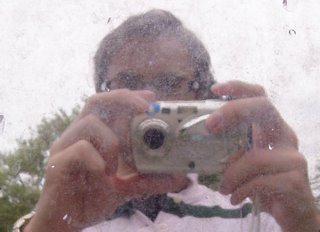Critical scholarly editing is a somewhat disheartening activity. In our bibliography class today, we learned about the impossibility of creating the ideal text. We have documentary texts—the evidence left behind by authors and editors of the past—and we do our best to make something of them and justify our actions to our peers. But the ideal text is impossibility: one cannot say that we have, finally, the definitive text. We just have to do our best, knowing that in some way it will be a flawed attempt.
In the end, all this work is somewhat futile. It isn’t going to give our lives meaning. We need to take joy in the parts of life beyond what we do, what our labours yield. We can take joy in each other, in the relationships with family and friends, despite knowing that we will all fall short in some way.
And so our lives are somewhat like critical scholarly editing. We just have to make the best with what knowledge and ability we have, knowing that the end result will be inevitably flawed. But we keep going anyway. Who would have considered the existential ramifications of bibliographic work could be so grand?
In other news, I’ve been reading Annie Dillard’s Pilgrim at Tinker Creek. Some of it is somewhat repetitive, but there are flashes of brilliance and insight that have made it an enjoyable experience thus far. Seventy pages in an hour-and-a-half aren’t too bad. I find that when I want to really take in what someone is saying, especially in essay type books like this, I need to slow down and let it sink in. Her commentary on the experience of “seeing,” and particularly the experiences of those blind from birth, who through surgery are able to see for the first time, is moving and profound I think.

No comments:
Post a Comment